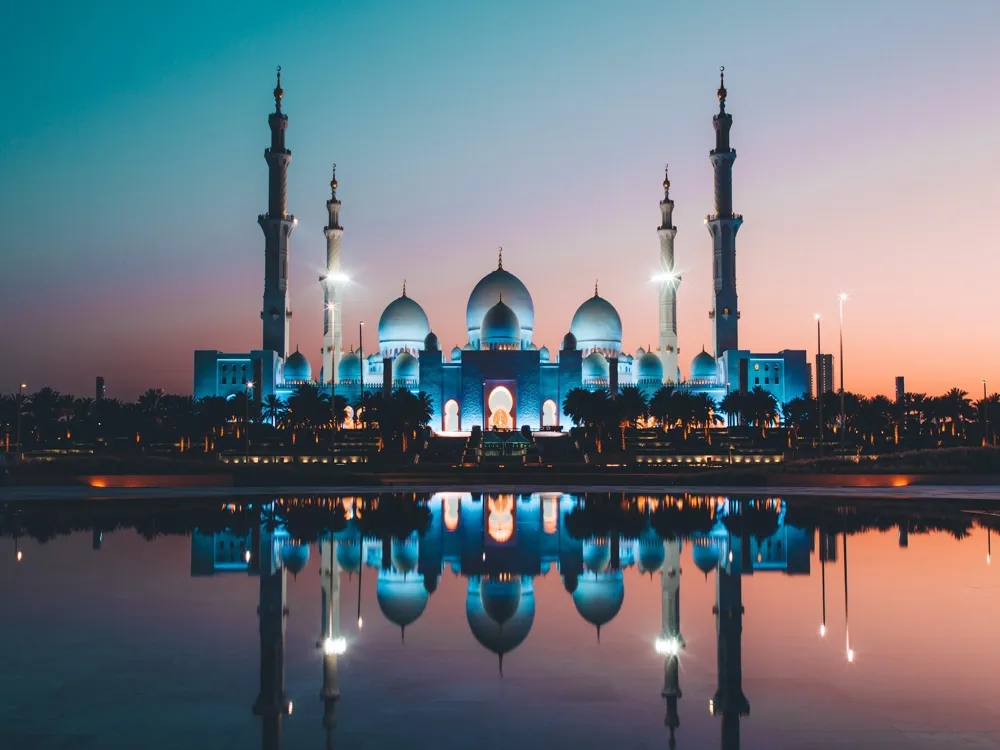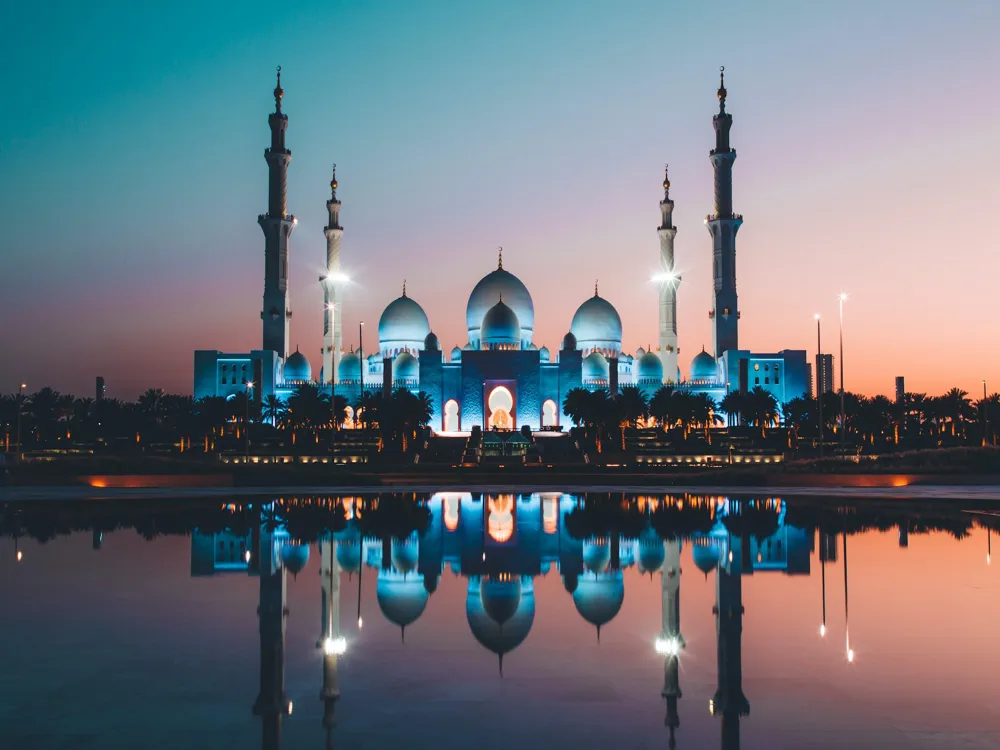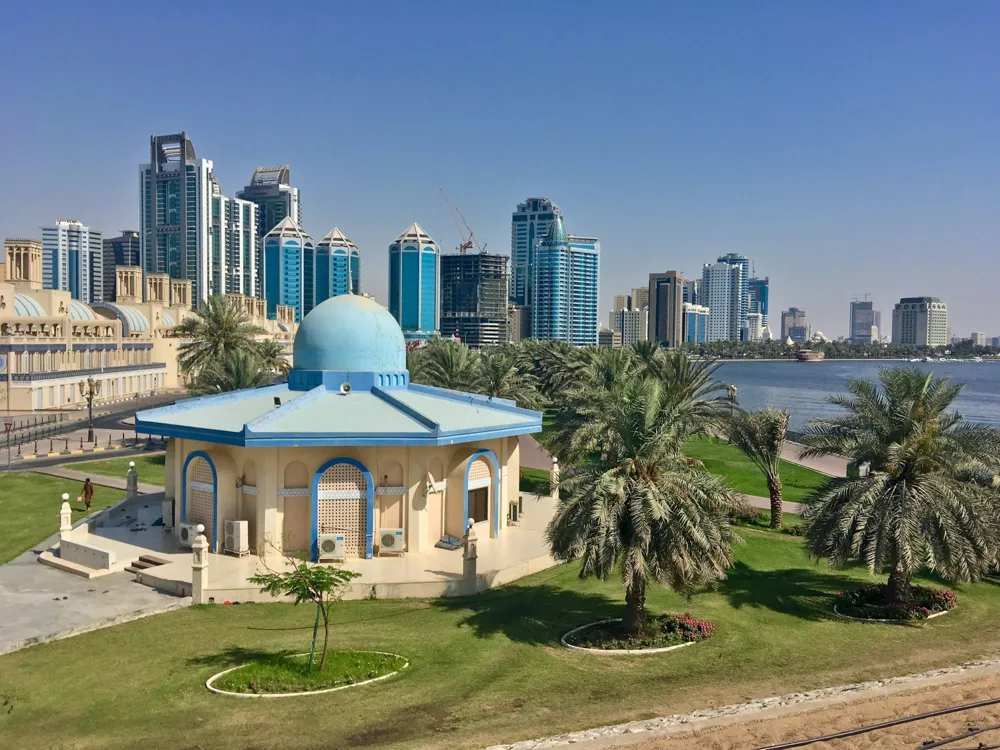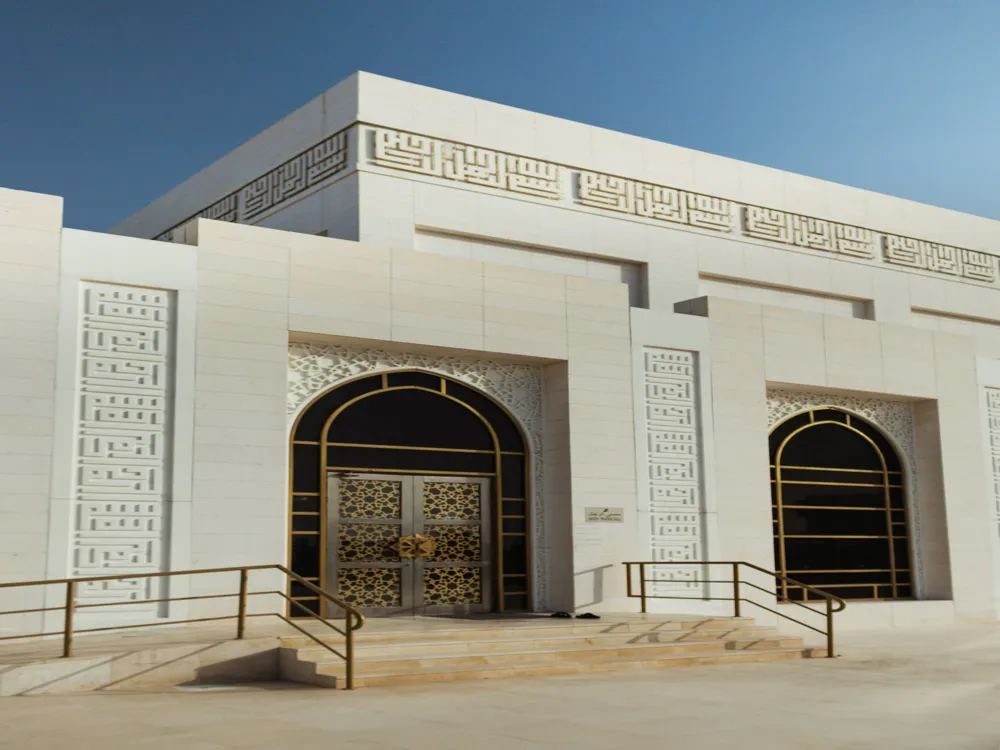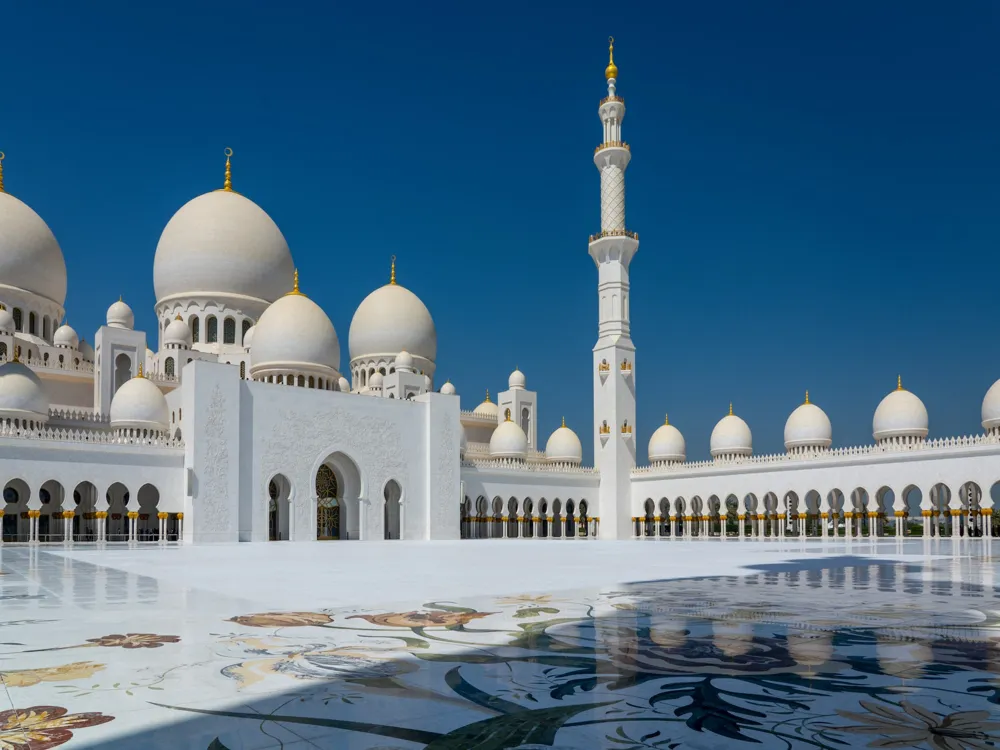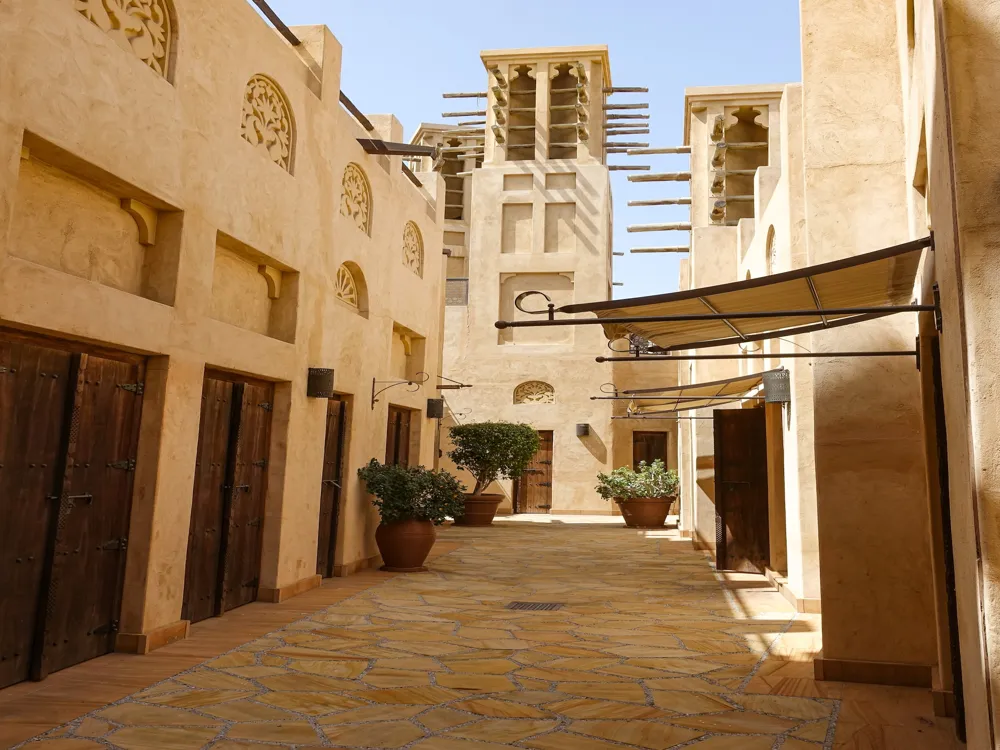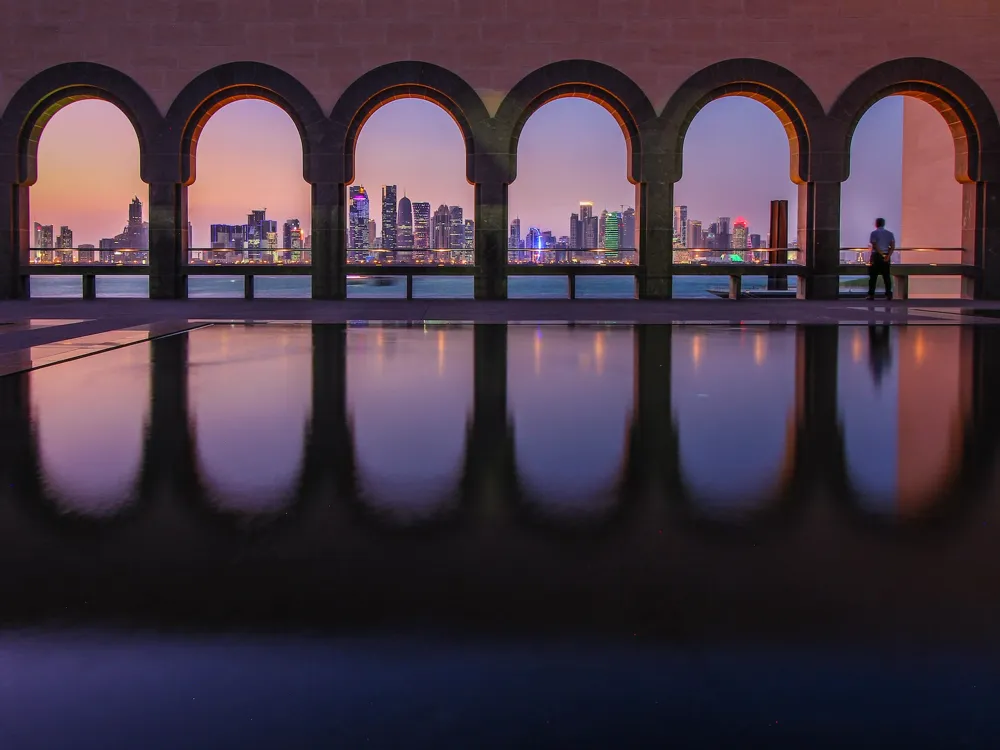Abu Dhabi, the capital city of the United Arab Emirates, is a fascinating blend of traditional Arabian charm and futuristic dynamism. Known for its stunning skyscrapers, lush green parks, and bustling souks, Abu Dhabi is a city that never fails to impress. The city's rich history, dating back to the 3rd millennium BC, intertwines with its rapid modern development, making it a unique destination for travelers from around the world. Abu Dhabi's geographical location on the Persian Gulf endows it with beautiful coastlines and a strategic position that has played a significant role in its development. The city's economy, once dependent on fishing and pearl diving, has transformed drastically with the discovery of oil. Today, Abu Dhabi is not just the political and industrial center of the UAE but also a cultural hub, with numerous museums, art galleries, and festivals showcasing the rich Emirati heritage. The city is a harmonious blend of old and new, where one can witness the traditional Bedouin lifestyle on the outskirts and the luxurious, modern lifestyle within the city. Its demographic diversity adds to the cultural richness, with a large expatriate population contributing to the city's cosmopolitan character. Abu Dhabi is also a city of tolerance, where mosques stand alongside churches and temples, reflecting the city's multicultural and inclusive ethos. Abu Dhabi's architecture is a testament to its journey from a quaint fishing village to a bustling global metropolis. The city's skyline, dotted with impressive skyscrapers and innovative structures, is a playground for world-renowned architects. At the same time, traditional Arabian architectural elements are still prominent, creating a unique architectural tapestry. The city's architectural wonders include the Sheikh Zayed Grand Mosque, an epitome of Islamic architecture with its gleaming white domes and intricate carvings. Another marvel is the Louvre Abu Dhabi, designed by Jean Nouvel, which showcases a stunning floating dome structure. The Capital Gate building, leaning at an astonishing 18 degrees, is another architectural feat, symbolizing the city's inclination towards futuristic design. Traditional architecture is not lost in the city's rapid modernization. The Qasr Al Hosn, the oldest stone building in Abu Dhabi, tells the story of the city's humble beginnings. The Al Jahili Fort and the Heritage Village offer glimpses into the traditional Emirati lifestyle and architecture, with their wind towers and mud-brick structures. Sustainability is also a key component of Abu Dhabi's architectural ethos. Masdar City, a planned city project, is at the forefront of sustainable urban development, featuring renewable energy, water conservation systems, and eco-friendly transportation methods. When visiting Abu Dhabi, it's important to respect the local culture and dress modestly. For women, this means covering the shoulders and knees, and for men, avoiding sleeveless tops and shorts. When visiting religious sites, women are often required to wear an abaya and headscarf, which are usually provided. The best time to visit Abu Dhabi is from November to March when the weather is cooler and more pleasant. This period avoids the scorching heat of the summer months, making outdoor activities and sightseeing more enjoyable. Understanding and respecting local customs and traditions is crucial in Abu Dhabi. Public displays of affection should be avoided, and it's important to ask for permission before taking photos of people, especially local women. During the holy month of Ramadan, eating, drinking, and smoking in public during daylight hours is prohibited for non-Muslims as well. Abu Dhabi has a well-developed transportation system including buses, taxis, and car rentals. While taxis are widely available and relatively affordable, renting a car can offer more flexibility for exploring the city and its surroundings. Public transportation is also a convenient and economical option. Abu Dhabi is well-connected to the rest of the world, making it easily accessible for international travelers. The Abu Dhabi International Airport is the city's main gateway, offering flights to and from numerous global destinations. For those in the vicinity of the Gulf, road trips to Abu Dhabi are a popular option, with well-maintained highways connecting the city to neighboring countries like Oman and Saudi Arabia. For travelers within the UAE, frequent bus services run from other Emirates like Dubai and Sharjah. The Etihad Rail, once completed, will provide another convenient option for reaching Abu Dhabi. In addition, the city's maritime ports welcome cruise ships from around the globe, offering another scenic route to reach this dynamic city. Read More:Overview of Abu Dhabi
Architecture of Abu Dhabi
Tips When Visiting Abu Dhabi
Dress Appropriately
Best Time to Visit
Cultural Etiquette
Transportation Tips
How To Reach Abu Dhabi
Heritage Park, Abu Dhabi
Abu Dhabi
₹ 23,000 onwards
View abu-dhabi Packages
Weather :
Tags : Garden & Park
Timings : 24 hrs
Time Required : 1 - 2 hrs
Entry Fee : Free
Planning a Trip? Ask Your Question
Abu-dhabi Travel Packages
View All Packages For Abu-dhabi
Top Hotel Collections for Abu-dhabi

Private Pool

Luxury Hotels

5-Star Hotels

Pet Friendly
Top Hotels Near Abu-dhabi
Other Top Ranking Places In Abu-dhabi
View All Places To Visit In abu-dhabi
View abu-dhabi Packages
Weather :
Tags : Garden & Park
Timings : 24 hrs
Time Required : 1 - 2 hrs
Entry Fee : Free
Planning a Trip? Ask Your Question
Abu-dhabi Travel Packages
View All Packages For Abu-dhabi
Top Hotel Collections for Abu-dhabi

Private Pool

Luxury Hotels

5-Star Hotels

Pet Friendly





